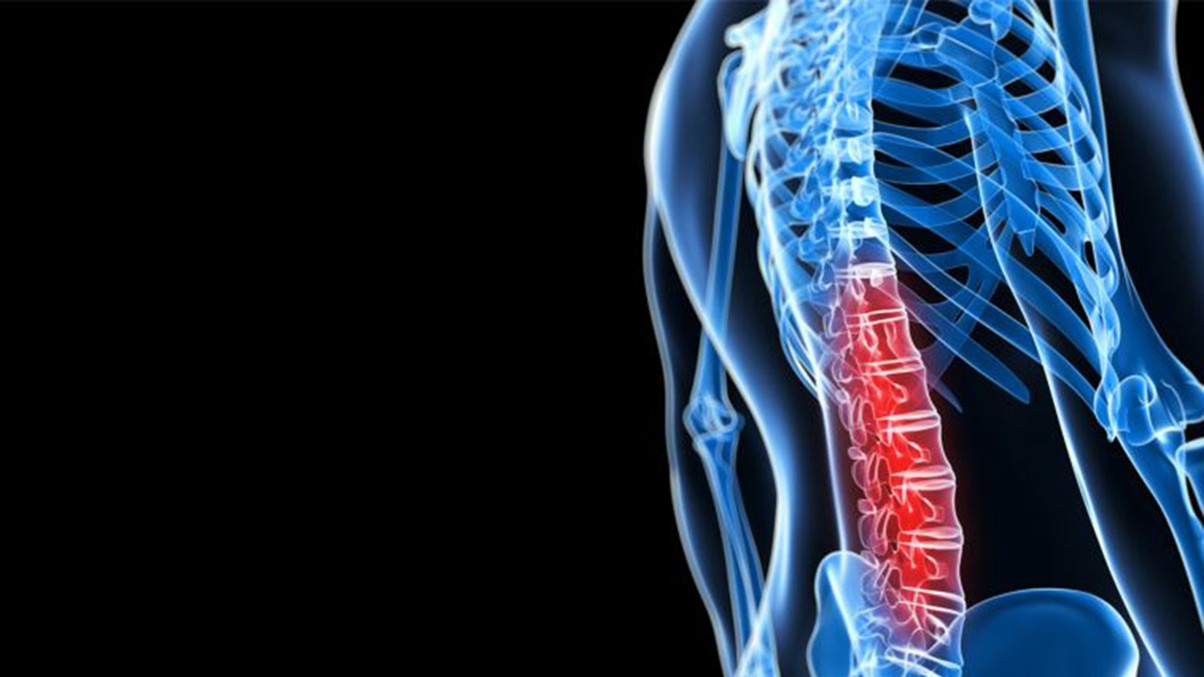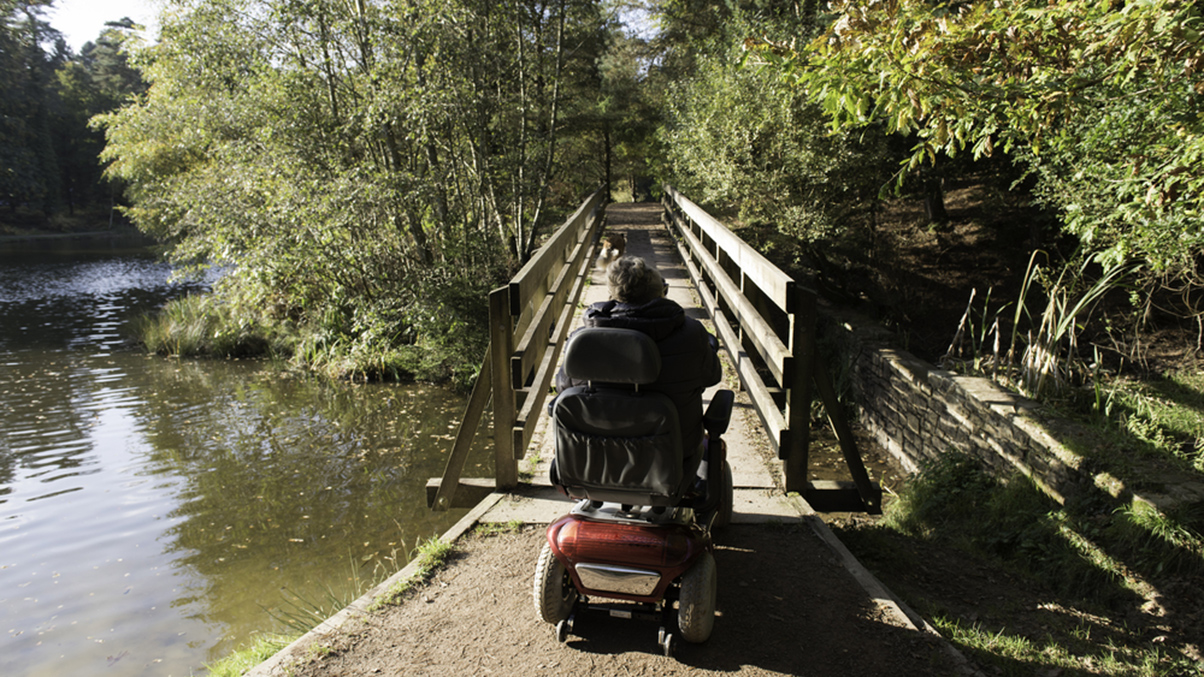Stewarts’ international injury department has secured an interim payment of £600,000 to fund its client’s urgent accommodation needs following the brain injury he sustained in a road traffic collision in Belgium.
International Injury partner Chris Deacon reviews the judgment in MXN (A Minor suing by his father and Litigation Friend, MXO) v Amlin Insurance SE, in which he represented MXN.
Background to the incident and the case
At the time of the accident, MXN and his family were travelling back to the UK after visiting their family in Europe. On 16 July 2017, the car MXN’s father was driving was hit from behind by another vehicle at high speed. As a result of the accident, MXN sustained a traumatic brain injury. Liability is admitted in full.
MXN is nine years old; he was nearly four at the time of the accident. The extent of MXN’s injuries and his prognosis will not be known until he reaches his adolescent years and potentially not until he is a young adult.
Circumstances in support of the application for an interim payment
The claim for damages is subject to Belgian law. The claimant’s request for an interim payment to meet his urgent accommodation needs was supported by a report from his Belgian law expert, Mr Bernard Dewit. This report outlined how damages are assessed under Belgian law. The overarching principle in relation to claims for accommodation is that once the need for special accommodation is established in the medical expert evidence, the court has wide discretion as to how damages should be awarded.
MXN’s special accommodation needs were first identified by his treating team. MXN requires his own bedroom and a dedicated therapy room as the brain injury has left him struggling with fatigue, concentration difficulties, behavioural difficulties, changes in mood and temperament, increased anger and deterioration in memory. The medico-legal experts support MXN’s special accommodation needs, and this extends to support from the defendant’s experts in evidence it filed in opposition to the application.
In its evidence in reply to the application, the defendant appeared to accept that a further interim payment to meet the claimant’s accommodation needs is appropriate but argued the request was excessive. The defendant offered £100,000 shortly before the hearing of the application in an attempted compromise. This was rejected as it fell far short of the funds required to reasonably meet the claimant’s needs.
Judgment in favour of the requested interim payment
Giving judgment in the High Court on 20 March 2023, Master Davison ordered the defendant insurer to make a payment of £600,000 on account of the claimant’s damages, with the intention the funds would be used to purchase a new home for the claimant and his family. That home will have sufficient space to ensure the claimant has his own bedroom and a separate, dedicated therapy room where he can undertake therapy activities and his homework in a distraction-free environment. The new accommodation will enable the claimant to maximise his future potential while managing the impact of the brain injury he sustained in the accident.
In his judgment, Master Davison recognised that providing sufficient funds to enable the purchase of a suitable house for MXN to live in with his family was the only practicable way forward. He noted that the family require a stable family home for MXN for at least such time as he is in full-time education. Master Davison commented: “It would be invidious to ask them to trade their present stability for the much more precarious situation of rented accommodation… the accommodation is now required because of the needs arising out of MXN’s injuries.” On the evidence available, the judge considered that an interim award of £600,000 is no more than a reasonable proportion of the likely final judgment for damages.
The defendant was refused permission to appeal the decision at the hearing on the basis the judge had adopted an extremely conservative valuation of the past losses and those future losses that he could properly take into account. The judge recognised the award might be at the upper end of what it is reasonable to award at this stage. However, he considered this permissible under existing case law on awards of interim damages, particularly where the claimant has pressing ongoing and immediate needs, notably in relation to accommodation.
MXN is represented by Chris Deacon, a partner in Stewarts’ International Injury department. Counsel is John-Paul Swoboda of 12KBW. The defendant is represented by Jane Henson of Irwin Mitchell, instructing Lucy Wyles KC of 2 Temple Gardens.
You can find further information regarding our expertise, experience and team on our International Injury page.
If you require assistance from our team, please contact us.
Subscribe – In order to receive our news straight to your inbox, subscribe here. Our newsletters are sent no more than once a month.






